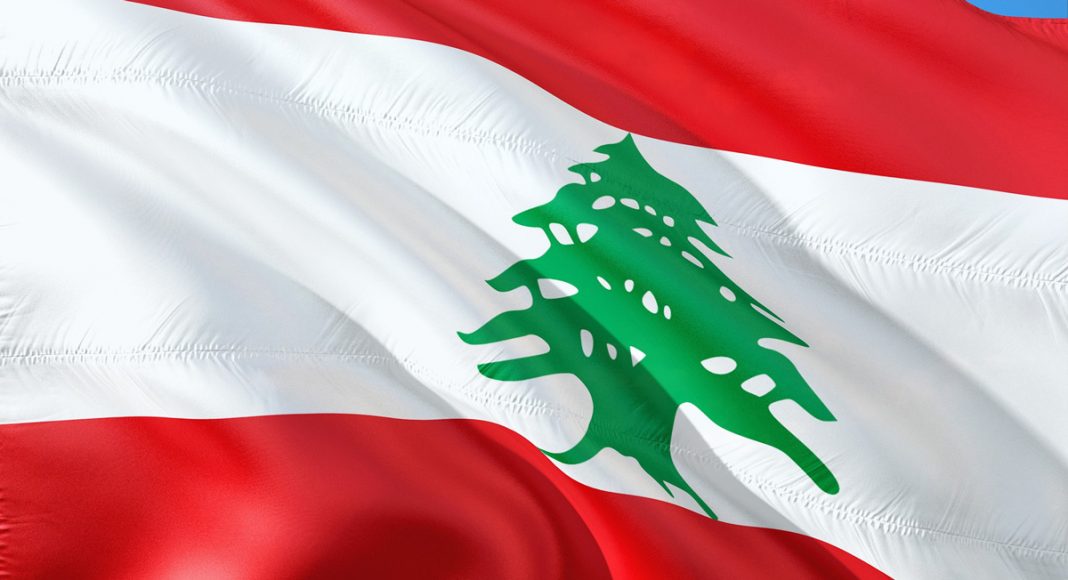Lebanon is the latest country trying to cash in on cannabis. The Lebanese government wants to legalize medical marijuana to support their country’s struggling economy, based on recommendations from a global consulting firm.
According to the United Nations Office on Drugs and Crime, Lebanon was the world’s third-largest producer of illicit hashish — the psychoactive waxy resin formed when the cannabis plants’ trichomes (resin glands) are concentrated and compacted into a solid brown ball or brick — in 2016.
Currently, Lebanon is a source for trafficking, according to seven percent of United Nations’ member states who contributed to the 2018 World Drug Report, issued by the UNODC. According to the report, Lebanon supplies cannabis resin to the neighboring countries in the Near and Middle East/Southwest Asia.
-
Related Story: Oklahoma AG To The Board Of Health: Hands Off MMJ Laws
“Hashish and marijuana are readily available on the black market in Lebanon,” said a source in Lebanon, who wished to remain anonymous. “Lebanon has always been a narco-democracy. Religious groups and organized crime control the cannabis trade. The government is in on the conspiracy too, just like in Mexico, but they have plausible deniability. The country’s religious leaders hypocritically allow this to go on.”
Overcoming Lebanon’s corruption issues will be instrumental in rebuilding the economy, Raed Khoury, Economy and Trade Minister, told Bloomberg. Transparency International’s graft ranking has lowered Lebanon to 143rd place out of 180 countries.
Miss Leah Mansour, 21, is an activist from Lebanon. The topic of her college thesis was medical marijuana. Her late grandfather, who had stage four cancer, was the source of her inspiration. He was treated illicitly in Lebanon with black market marijuana.
“The landscape in Lebanon is difficult to obtain cannabis in large enough quantities to make enough oil to have lasted my grandfather for a month. Most of it is exported. I am hoping legalization will change that. Unfortunately, my beloved grandfather passed away, but so many are still in need,” she said.
Lebanon is so famous for its exported hashish that their proprietary strain of Red Lebanese is a favorite in the coffee houses of Amsterdam. (Thievery Corporation have a song that subtly refers to it, called Lebanese Blonde.)
Why legalize when black market business is booming?
According to Bloomberg, global consulting firm, McKinsey & Co. was hired to suggest ways to boost Lebanon’s economy. The report they provided, which went up the chain to President Michel Aoun, contained various recommendations, including becoming a provider of medicinal marijuana.
The McKinsey report “evaluated the economic impact of shifting Lebanon’s illicit market to a regulated market for medicinal use,” according to Business Insider.
Keeping up with the Joneses
Lebanon’s neighboring country, Israel, is a global leader in medical cannabis research. “Tikkun Olam,” Hebrew for “Heal the World” continues to be at the forefront of medical marijuana research in Israel. Israeli organic chemist Dr. Raphael Mechoulam, 87, is world-renowned for his work in the isolation, structure elucidation and total synthesis of Δ9-tetrahydrocannabinol, the central active principle of cannabis. The hashish that Dr. Mechoulam experimented on, however, came from Lebanon.
Lebanon’s Minister of Economy and Trade, Raed Khoury, said the quality of his country’s cannabis is the “best in the world,” and predicted medical cannabis could become a billion-dollar industry, in an interview with Bloomberg earlier this month.
Eastern Lebanon’s Beqaa Valley is its most important agricultural area, and the epicenter of illegal cannabis cultivation. The region’s temperamental tribes have a reputation for preventing trespassers. They have armed patrols to protect their cash crop, according to The Guardian.
Their controlling interest in the nation’s growing operation may soon come under fire if, “Lebanon’s fractious parliament can push a legalization bill through, and open the country’s cannabis fields to international export markets,” according to Business Insider.
However, religious divisions could diminish the McKinsey report to a “theoretical exercise,” said Sami Nader, head of the Levant Institute for Strategic Studies in Beirut, to Bloomberg.
“The effort is laudable,” Nader said. “But anything that touches the economy will need political consensus in Lebanon, because we don’t have a functioning democracy.”
Legal or not, cannabis in Lebanon continues to flourish as a cash crop.


